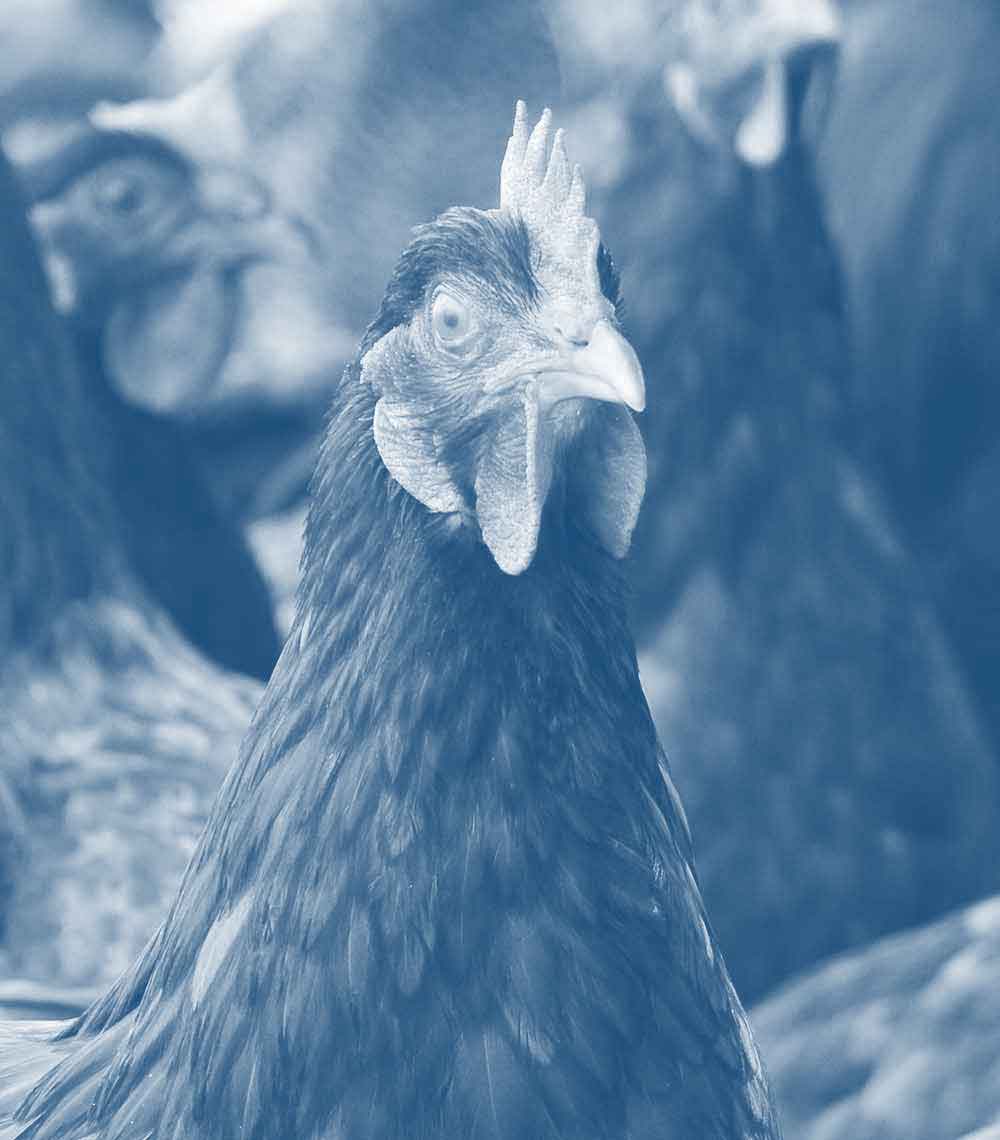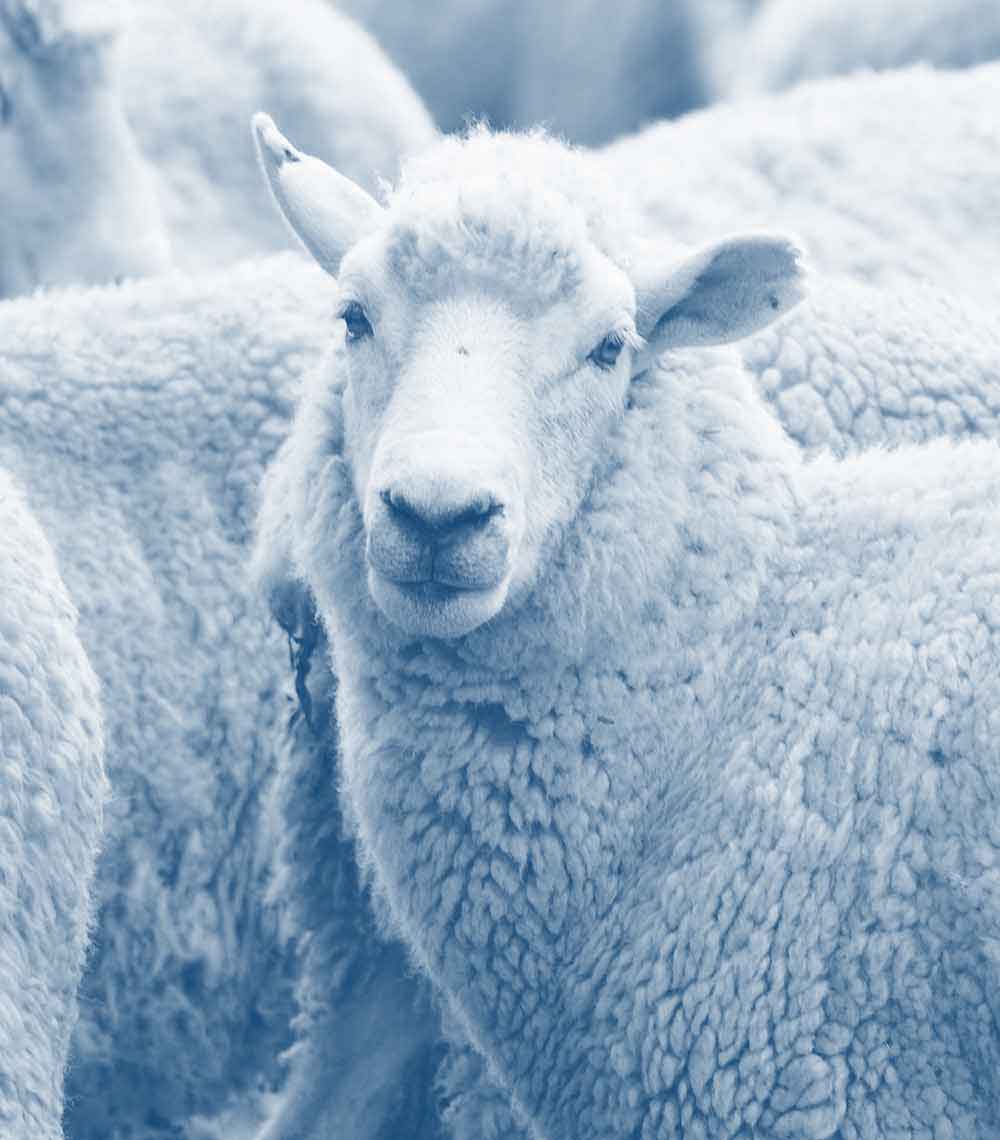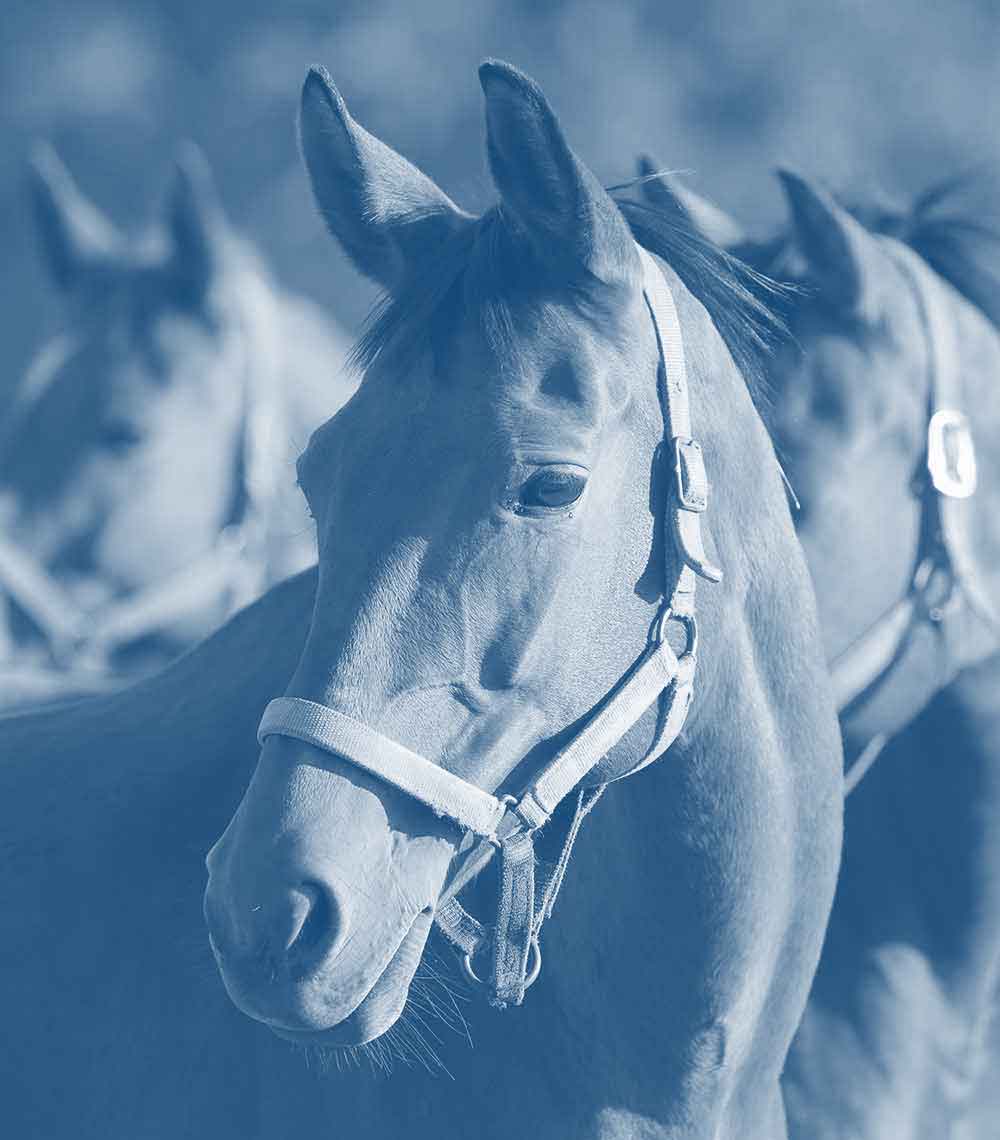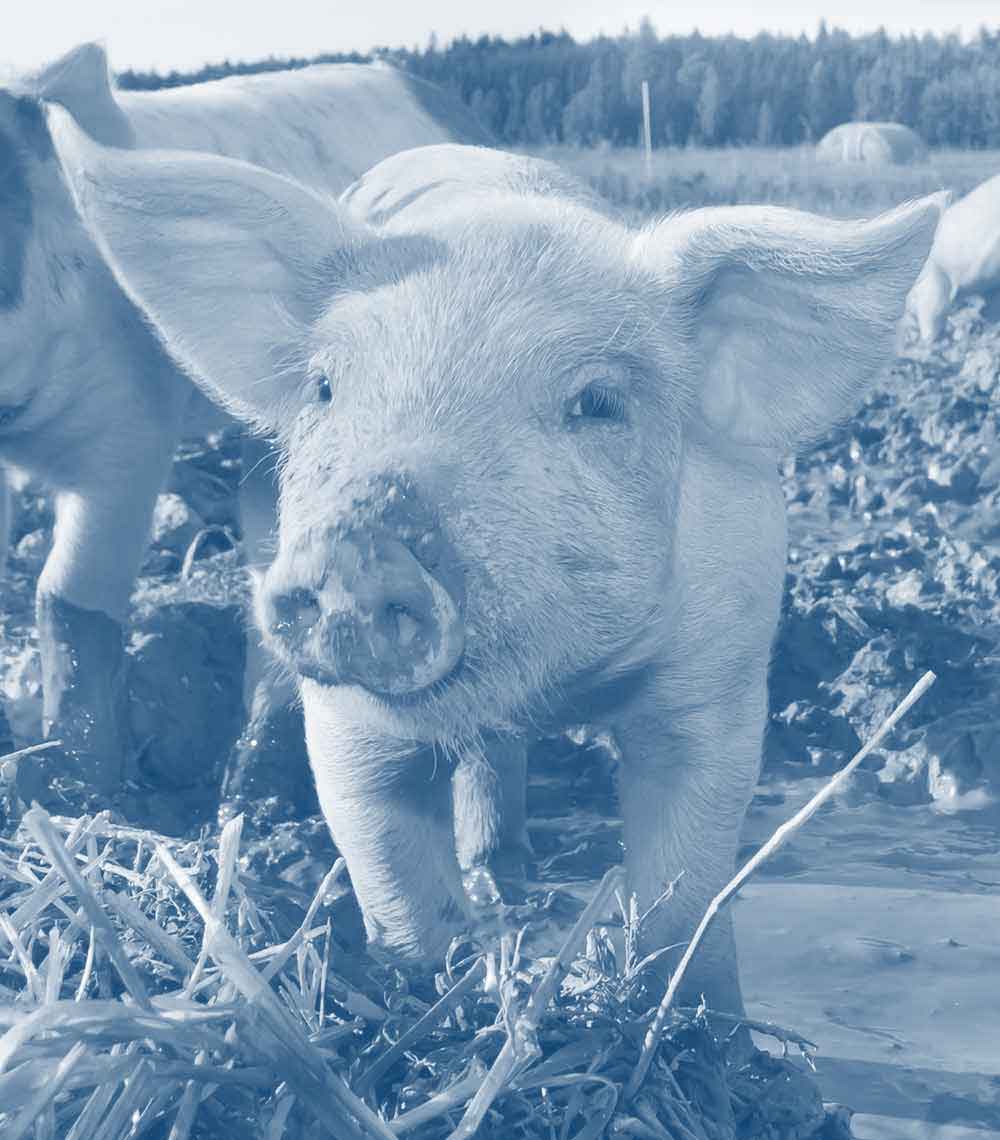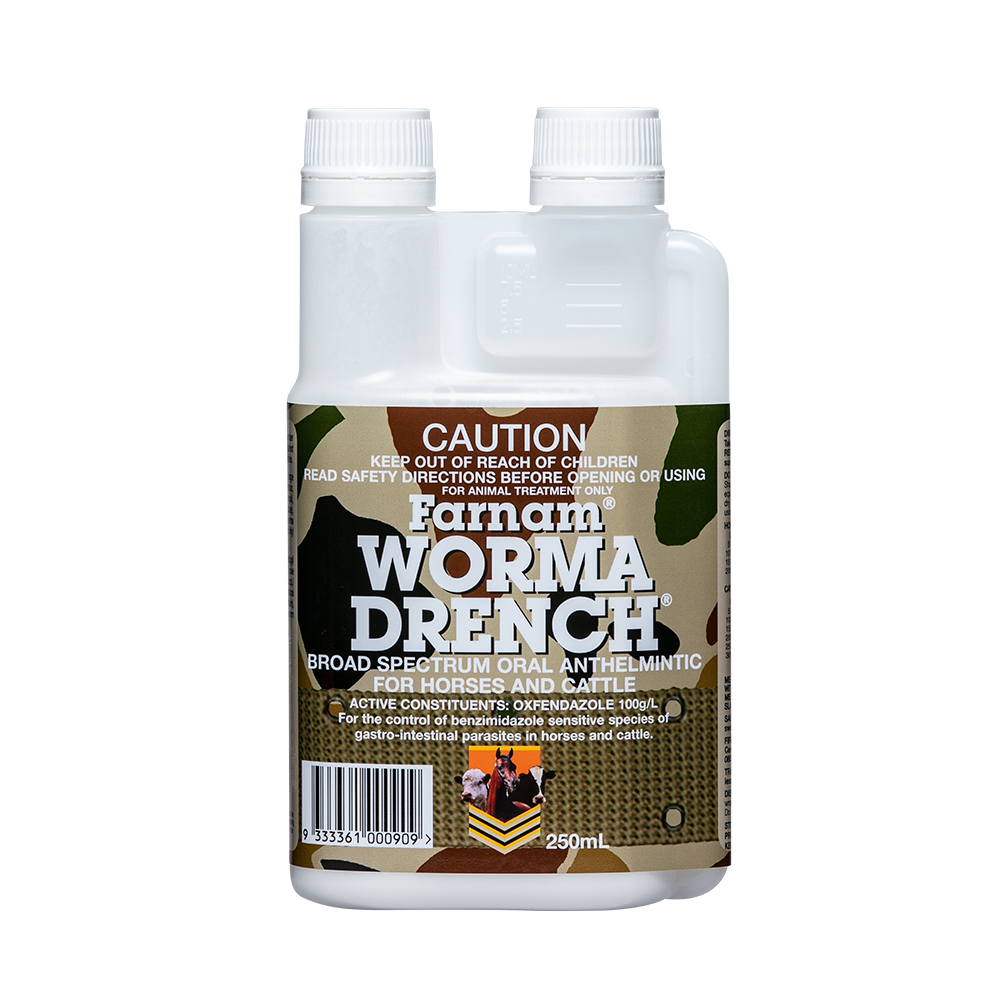
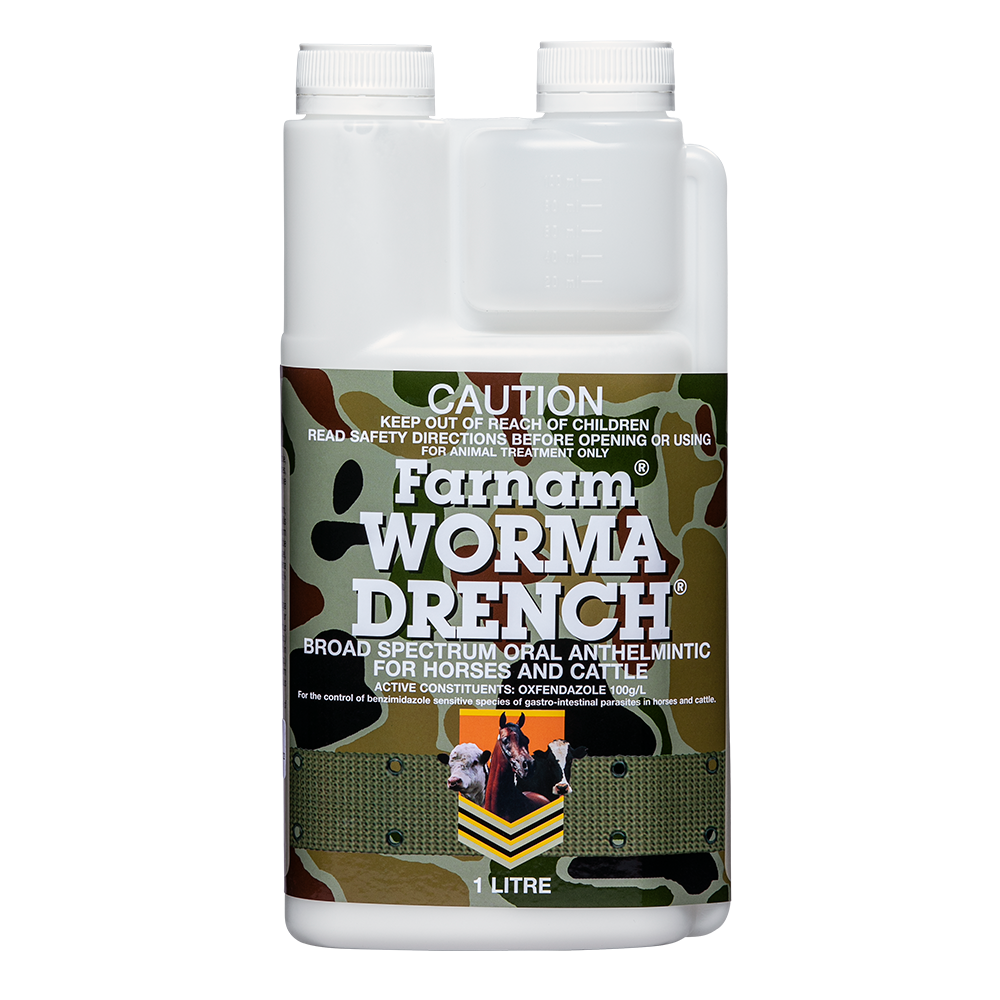
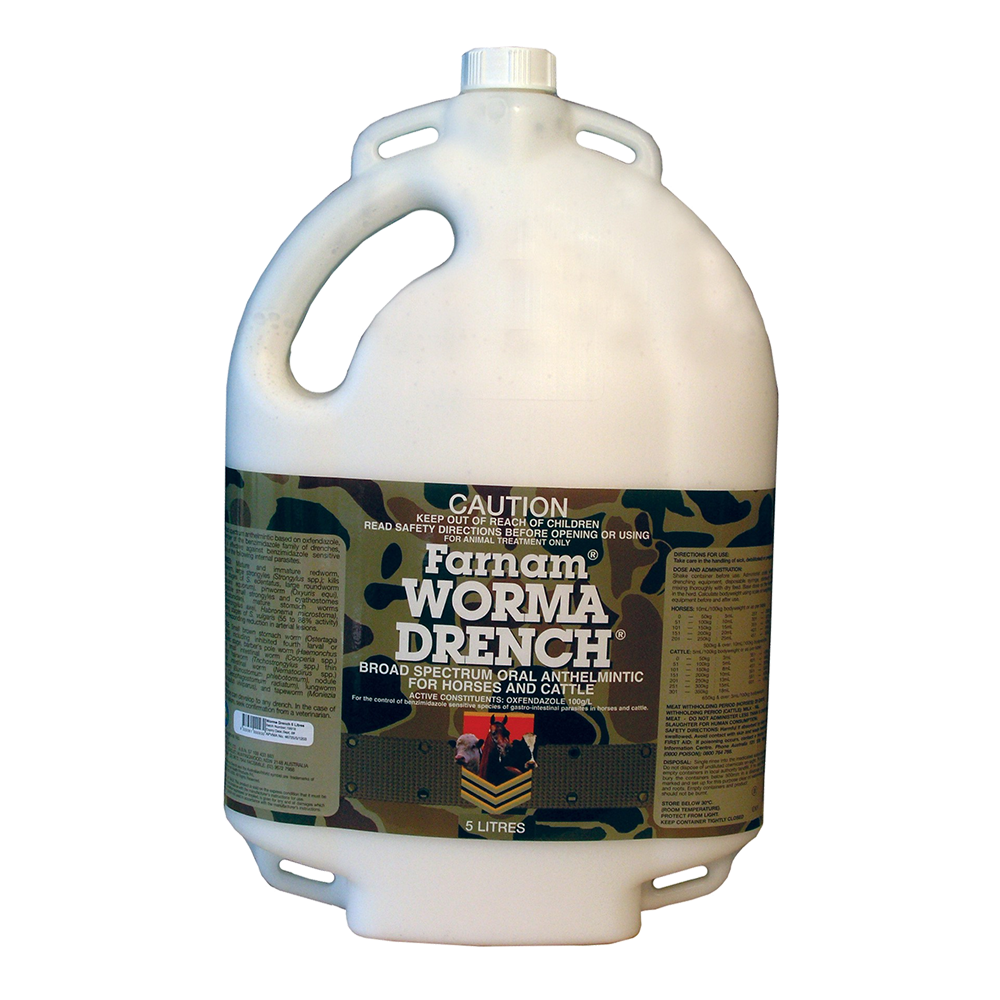
Horse & Cattle Drench, Dewormer
Broad spectrum oral anthelmintic for horses and cattle (dairy & beef)
- A broad spectrum single active oral anthelmintic for horses and cattle.
- Controls sensitive strains of adult and immature forms of large roundworms (Parascaris equorum), pinworm, large strongyles, adult stomach worm and small strongyles.
- Administer orally with accurate drenching equipment, disposable syringe, stomach tube, or by mixing thoroughly into the feed.
Pack sizes: 250 mL, 1 L, 5 L, 25 L
Available: Australia
Q. Can you use cattle drench on horses?
Q. How do I know if my horse has a tapeworm?
Most horses with tapeworms exhibit no signs or symptoms. The most commonly reported sign associated with tapeworm infection is colic associated with irritation to the section of the large intestinal called the caecum which can lead to an intussusception.
Q. How often do horses need worming?
As anthelmintic resistance continues to grow, the implementation of non-chemical control of worms is becoming more and more important. These strategies include pasture rotation, picking up manure and the use of biological treatments such as BioWorma.
Q. What horse wormer kills all worms?
Q. What is the best horse wormer to use this time of year?
Q. What is the best wormer for horses?
Q. What is the first wormer for foals?
Foals are particularly at risk of roundworm (ascarid) infections. Research on horse properties around world have found widespread resistance. Dual active wormers that include morantel e.g., MecWorma & Tape or a BZ class of wormer e.g. Worma Drench or Worma Paste are generally the best options, but the decision should be based on faecal egg count results and previous faecal egg count reduction tests.
Roundworms can cause significant illness in foals including pneumonia, peritonitis, and impaction colic. Faecal egg reduction tests should be performed to confirm that resistance has not developed on your property to any wormer active.
Q. What wormer is safe for foals?
Dual active wormers that include morantel or pyrantel eg. MecWorma & Tape or a BZ class of wormer eg. Worma Drench or Worma Paste are generally the best options for foals. However, wormer choice should be based on faecal egg count results and in consultation with your veterinarian.
Due to the ever-increasing incidence of anthelmintic resistance, faecal egg count reduction tests should ideally be performed 2 weeks after de-worming to confirm that resistance has not developed on your property to a particular wormer active.
Q. What wormer kills tapeworms in horses?
Q. What wormer to use for strongyles?
There is known resistance of small strongyles to the Benzimidazoles (BZ) class of anthelmintics and as such horses with high faecal egg counts are generally recommended to use a macrocyclic lactone (ML) class of anthelmintic (i.e. ivermectin, abamectin, moxidectin) with or without a tetrahydropyrimidine (THP) (i.e. Pyrantel, Morantel) such as MecWorma & Tape or MecWorma & Bot.
Veterinary advise should be sort when choosing the correct wormer and given the increasing resistance of strongyles to “wormers” (anthelmintics), faecal egg count reduction tests should be regularly performed to confirm the efficacy of any chosen “wormer” for your property.
Worma Drench®
Active constituents: OXFENDAZOLE 100 g/L
Effective against the following internal parasites: Horses: Mature and immature stages of Bloodworm (Strongylus vulgaris); Large Strongyles or Redworms, including the migratory tissue stages of S. edentatus; Large Roundworm, Pinworms, Small Redworms (Small strongyles or Cyathostome species susceptible to oxfendazole), mature Stomach Worms (Habronema microstoma), as well as the harmful migrating stages of the Bloodworm (S.vulgaris) (55-88% activity) with corresponding reduction in arterial lesions.
Downloads:
S.D.S
DATASHEET

